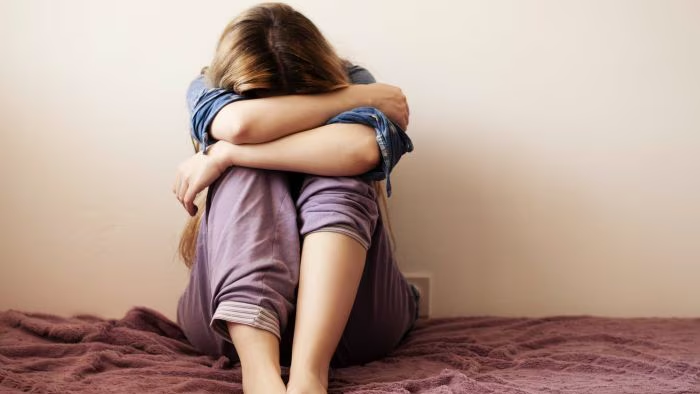
Women who had abortions or experienced natural pregnancy loss were twice as likely to have attempted suicide compared to women who succesfully delivered their babies, according to a recent survey.
The topic-blind study surveyed 2,829 American women between ages 41 and 45 about their reproductive histories and any past suicide attempts. Elliot Institute Director David Reardon, an associate scholar at the pro-life research organization Charlotte Lozier Institute, authored the study published in January in the Journal of Psychosomatic Obstetrics & Gynecology.
Over one-third (35%) of the post-abortive women surveyed reported that they had attempted suicide. Women who only had successful deliveries of their children had the lowest suicide attempt rate at 13%.
Dr. Ingrid Skop, an OB-GYN who serves as vice president and director of medical affairs at Charlotte Lozier Institute, says the research adds to data from Europe that has found higher rates of suicide among women who have abortions compared to those who gave birth or experienced a pregnancy loss.
“The devastating realization that abortion may lead to a woman’s suicide must motivate the pro-life community to continue to provide resources and support to vulnerable women encountering a crisis pregnancy,” Skop stated. “We must walk with these women through their pregnancy decision and childbirth, even into the early years of their child’s life, as so many pregnancy resource centers do.”
Robyn Chambers, vice president of advocacy for children at the Evangelical parachurch organization Focus on the Family, emphasized that women matter as much as their children and deserve access to ongoing support.
Focus on the Family has worked with more than 2,500 pregnancy centers across the U.S. that offer post-abortion healing classes.
“Those classes are open to women and men who have made an abortion decision and are now struggling with that decision,” Chambers told CP in a statement. “Our Physician’s Resource Council provides studies that show an increase in mental health issues, so we make every effort to ensure every woman that comes into a pregnancy center is cared for with warmth, safety, and information to heal.
In an interview last year with CP, Sheila Harper opened up about her struggles with drug and alcohol abuse after an abortion she had in March 1985. Harper remembered that the facility in Tennessee where she underwent the abortion smelled like vomit, and the staff never asked her for identification.
The woman said she cried when she met with a counselor at the facility, who she said just seemed “dead.” Harper, who was 19 at the time, said that she felt as if she had no other choice but to abort. She said the counselor handed her a number and instructed her to wait for the staff to call her name.
“That was it. That was the extent of my counseling,” Harper said.
Looking back on the abortion, Harper described it as “excruciatingly painful” and “humiliating.” When it was over, the then-teenager couldn’t walk, and two nurses had to drag her to the recovery room.
The boyfriend, who was the father of the child, broke up with Harper not long after the abortion. Harper endured what she described as “seven years of Hell,” falling prey to drug and alcohol abuse and her emotions spiraled out of control.
In 1992, Harper heard a commercial on the radio about an abortion recovery program operated by a pregnancy resource center. After standing the center up three times, Harper attended a class and was surprised to connect with women with similar stories.
As a result of the healing program, the post-abortive woman said she underwent a miraculous transformation and welcomed Christ fully into her life. In 2000, God placed a calling on her heart to start an organization called Save One, which helps men and women share their abortion stories.
“I kept hearing people say at every class I taught if I could just save one unborn baby, I would be willing to tell my story,” the nonprofit founder said. “And I knew God was speaking to me through that phrase.

